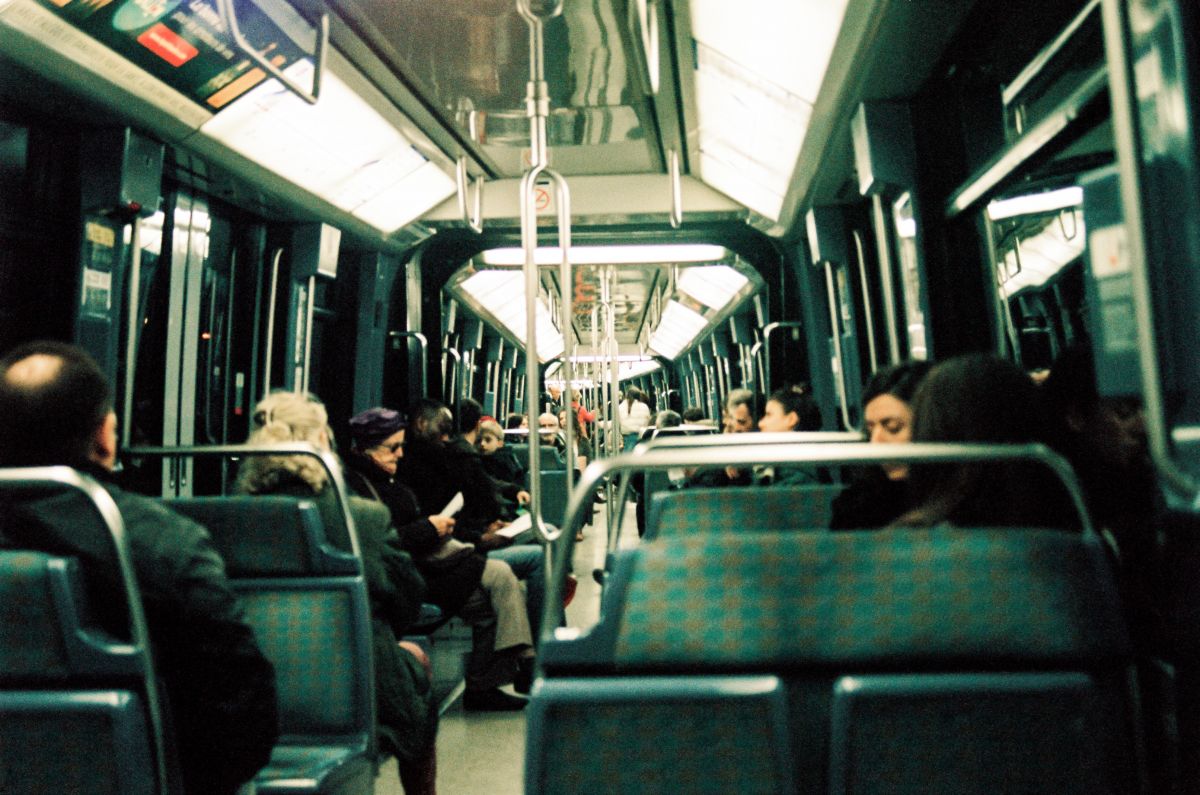
On the move: fixing miserable commuting in Wales
But research we commissioned the Centre for Cities to conduct on Wales’s urban areas and transport connectivity reveals just how rare this is for many workers. We often have few options when it comes to transport to work and we’re overwhelmingly reliant on private transport.
The results are shocking and envy-inducing, especially if you’ve spent a good chunk of your morning in an unjustifiably-long commute already. In Nantes, for example, nearly three quarters (72 percent) of residents can connect to the city centre by public transport in peak time, compared to just half (50.4 percent) of residents in Cardiff. The relatively weak public transport offer is therefore contributing to Wales’s commuters’ reliance on the car - and this isn’t even an option for the one in five households that doesn’t own a vehicle.
Centre for Cities makes a range of recommendations, including setting out the reasons why urban planners should prioritise creating homes around public transport stations and stops.
They advise that in the case of Swansea, Newport and Wrexham “the most fruitful improvements to public transport in these places are likely to be around expanding the number of high-precision, low frequency services that could serve edge-of-town industrial estates and business parks to match work patterns, as has been done in places like Sunderland and Bristol,”. They also make the case for exempting buses from the 20mph speed limit and exploring the potential for bus franchising – which Welsh Government has already been doing.
Subsidisation is also crucial to getting commuters out of their cars and onto public transport. Centre for Cities sets out a number of revenue-raising ideas, recommending different measures to suit the various profiles of urban labour markets including:
• Congestion charging: Given the concentration of jobs in Cardiff’s centre and its higher level of congestion, this is likely to be far more appropriate there than elsewhere. Unlike the current model being discussed, this charge would be better targeted if it focused on the centre of Cardiff, as the congestion charge operates in London, rather than it being a charge for entering the Cardiff local authority area.
• Workplace parking levies (WPL): A WPL charges businesses for their parking spaces, and is already in use in Nottingham.
• Tax devolution: The Welsh Government should ask the UK Government for powers to raise fuel duty and use revenue to support public transport services.
• Tax precepts and supplements: Precepts on council tax and supplements on business rates (both of which have been used in London) are options to raise revenue locally, while the Welsh Government could use its powers around income tax to create a system similar to the French, where a local income tax contribution is a common way of funding transport networks.
• Cross subsidisation from other parts of the network: as the London Underground does for the London bus network. The South Wales Metro and the Cardiff Crossrail and Circle train-tram lines open up the possibility for this to happen.
Centre for Cities, 2023
These ideas are food for thought for our movement. Each one offers the potential to fund transport services which could improve many workers’ daily life and job prospects, while also running the risk of disadvantaging workers who are reliant on private transport to travel to and from work. For example, trade unions in Leicester successfully campaigned against a council’s proposal to charge businesses with 10 or more employees £550 a year for each parking space, arguing that it would be very likely that this cost would be passed on to the worker.
But pointing out the flaws in particular policy proposals doesn’t really get us any further. Public transport needs funding, revenue needs to be raised and there are equitable ways to do this. Levies could be designed in such a way to protect workers, they could focus on different targets – such as private car park owners – and most importantly, worker voice and the social partnership principle must underpin any policy design by local and national governments.
Framing investment in public transport as a way to improve worker well-being and raise productivity is a helpful cultural shift if we want to see public services better geared towards worker need. Language here is important – we often use the term ‘worker’ to refer to people generally, but here I mean it in a more specific way, in terms of how public services can better deliver for people as part of their working lives.
Many services are geared towards delivering for residents rather than workers, and often for good reason. I don’t want to be taking my black bags and recycling into work to get picked up. But surely for a lot of people it would help them if certain public services – such as their GP, their dentist, the school their child can go to – could be linked to their workplace if this made more sense for them, rather than their home address. This would further democratise our public services too, by potentially reducing the impact that unequal wealth distribution has in schools and health services on outcomes.
Our Wales TUC General Council will need to consider and debate the ideas set out in this report so that workers get the best deal possible. There is huge scope to improve Wales’s public transport system, reduce reliance on the car and make sure this isn’t to the detriment of public transport workers or any other group of workers for that matter, but unions need a clear position in that debate if we are to get the outcomes workers’ need.
